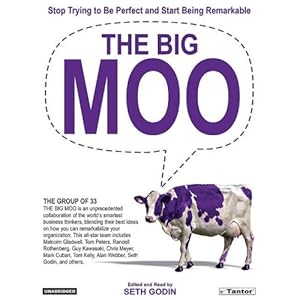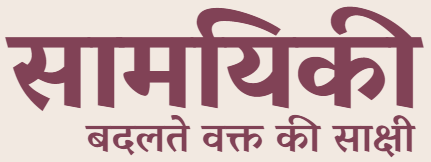A book that doesn’t tell you to be perfect
I normally don’t get too affected by moral sermons. No, I did pass those “Moral Science” papers at school, but somehow those idealistic preachings and “pointers to life” from Shiv Kheras, Dale Carnegies and the like don’t survive in my mind for long. I always end up asking myself: what if all the people who read these books really applied each and every advice in their life? Will this world be full of flawless, successful, content people who have never seen any lows, any failure, any discomfort in their life.
The fact is: these sermons are so hefty and impractical, you may probably never be able to practice what they preach. In fact, they almost always tell you to become perfect beings. IMHO, their books wouldn’t have any misprints if the world were so perfect.
 On the contrary, this book that I read recently, seemed different. It’s very unlike those books with sermons. “Stop doing things that hurt, ignore what authority figures tell you and…practice, practice, practice.”
On the contrary, this book that I read recently, seemed different. It’s very unlike those books with sermons. “Stop doing things that hurt, ignore what authority figures tell you and…practice, practice, practice.”
Can you imagine such gem of thoughts coming out of 3 jokes that Uncle Shecky tells Ben. Well this is what “The Big Moo” is all about. It’s a book that’s edited by Seth Godin, a compilation of the experiences of 33 people (with names such as Malcolm Gladwell and Guy Kawasaki). But the real highlight of the book, as the tagline says, is that it doesn’t tell you to be “perfect” or something, instead it tells you how you or your organization can become remarkable. The anecdotes and observations tell you how people have just done simple things to remarkabilize their organizations, their lives and their career.
Amongst the many things that I liked in this book is that it’s concise and the articles are crisp, focused and unattributed. You can pick the book and practically start at any page, which is a boon for people like me who hate long mind-numbing chapters and long sittings. The book really dares you to take risks in life and ignore your critics, which is good probably for professionals and organizations alike and shows that good advice can really come from anyone. Picture an advice from a sex-therapist’s coming handy for a marketing company.
All in all, an astoundingly good book for which I must thank Seth, also for the 3 copies of the book he donated to the winners of Indibloggies (and that actually gave me the opportunity to read the book). Proceeds from the book’s sale go to charity so do buy a copy, if you can.
And lastly, an excerpt from the book that I liked immensely, it’s titled ‘What exactly are you afraid of?”
What exactly are you afraid of? Here is a list. You pick:
- Getting yelled at by the boss
- Getting fired
- Not getting promoted
- Doing the wrong thing
- Getting caught using the copy machine after hours
- Not knowing the right answer
Here’s the big news. If your strategy is to lie low, do your job, follow instructions, and hope that nobody notices you, (a) nobody will ever notice you, and (b) you’re actually increasing the chances of something bad happening.
If on then other hand you develop a reputation as the person who is always pushing the envelop, challenging the organization to go to next level and getting your influence to get good stuff done you’ve got the worlds best job security.
You can’t shrink your way to greatness.






“what if all the people who read these books really applied each and every advice in their life? Will this world be full of flawless, successful, content people who have never seen any lows, any failure, any discomfort in their life.”
Of course not! To Err is human and even perfection isn’t exactly perfect.
We need both sides to have balance. I remember the philosophical myth od the classic novel, The Scarlet Letter, The various characters in the book were worse off and out of balance then Hester. I mean with names like Dimmesdale and Chillingworth, can’t you see that balance is key?? Just a thought.
John